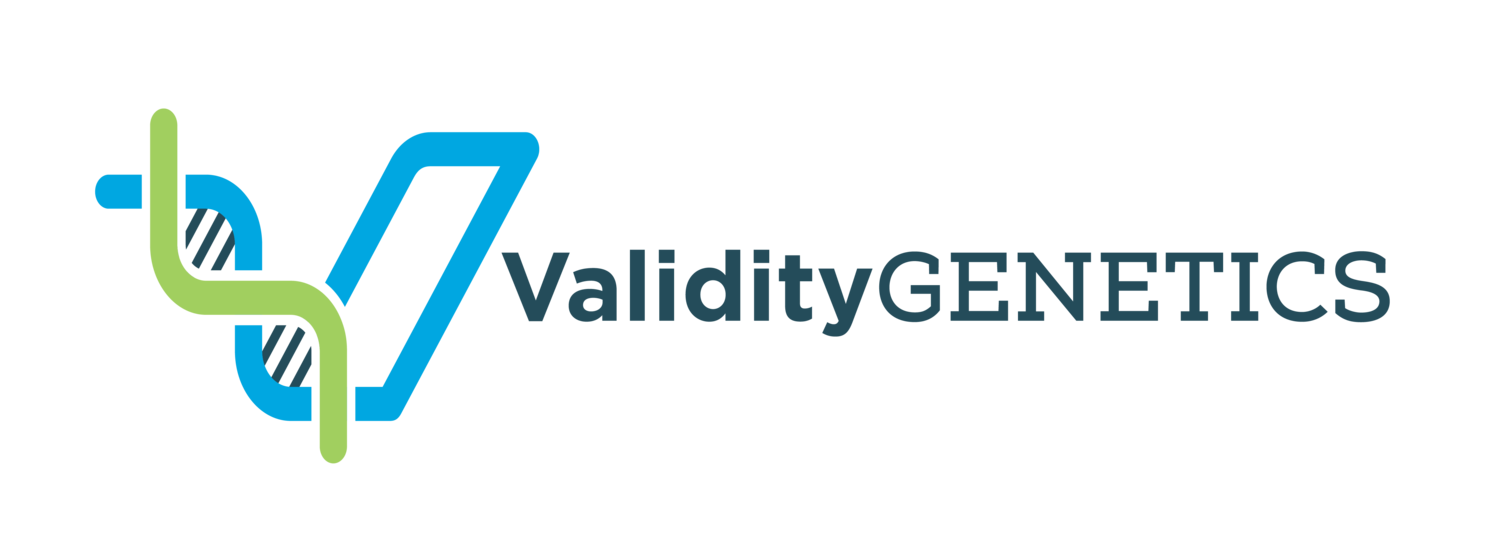Avuncular Testing For Aunts and Uncles
How Avuncular DNA Testing Works for Aunts and Uncles
When direct paternity or maternity testing isn't possible, an avuncular DNA test can help determine whether a child is biologically related to an alleged aunt or uncle. This type of relationship DNA testing is useful in cases where the parent is unavailable for testing or when additional biological confirmation is needed for legal or personal reasons. In this guide, we’ll explain how avuncular DNA testing works, its accuracy, and when it may be needed.
What Is an Avuncular DNA Test?
An avuncular DNA test compares the genetic markers of a child with those of a potential aunt or uncle to determine the probability of a biological relationship. Since an individual inherits half of their DNA from each parent, a biological aunt or uncle will share a significant percentage of DNA with their niece or nephew, though not as much as a parent or grandparent.
How Does Avuncular DNA Testing Work?
Sample Collection: The most common sample used for avuncular DNA testing is a buccal (cheek) swab, which is painless and non-invasive. In some cases, forensic samples such as hair or toothbrushes may be used if a standard sample isn’t available.
Genetic Marker Analysis: The DNA profiles of the child and the tested aunt or uncle are compared at multiple genetic locations to determine how much DNA they share.
Statistical Probability Calculation: The results are expressed as a probability percentage, indicating the likelihood of a biological relationship.
Optional Additional Participants: Adding the known parent of the child (if available) increases accuracy by helping to distinguish which genetic material was inherited from the other side of the family.
How Accurate Is Avuncular DNA Testing?
Avuncular DNA testing is highly reliable, but because it is an indirect test, results are reported as a probability rather than a definitive yes or no.
A probability of 90% or higher typically suggests a strong likelihood of a biological relationship.
A probability below 10% suggests there is no biological relationship.
Results between 10%-89% are considered inconclusive, and testing additional relatives may be recommended to clarify the findings.
Including a sample from a known parent of the child improves result accuracy by eliminating genetic material that was inherited from the untested parent.
Common Reasons for Avuncular DNA Testing
Paternity or Maternity Confirmation: When a parent is unavailable for testing, an avuncular DNA test helps determine if their sibling (aunt or uncle) is biologically related to the child.
Legal Cases: Avuncular DNA tests can be used in inheritance claims, social security benefits, and immigration applications when direct parentage testing is not an option.
Family Research: Individuals looking to confirm or explore biological family connections may use avuncular DNA testing for genealogical purposes.
Alternative Relationship DNA Tests
If an avuncular DNA test is inconclusive or not the best fit, other relationship DNA tests may be considered:
Paternity or Maternity Tests – Direct confirmation of a biological parent-child relationship.
Sibling DNA Tests – Determines if two individuals share one or both biological parents.
Grandparent DNA Tests – Helps establish paternity when the father is unavailable by testing his biological parents.
Turnaround Time and Sample Options
Standard buccal swab samples: Results are typically available within 2-3 business days.
Forensic samples (hair, toothbrush, clothing, etc.): These take 5-7 business days and may have a higher risk of DNA degradation.
Final Thoughts on Avuncular DNA Testing
An avuncular DNA test is a useful tool for confirming biological relationships when direct testing isn’t an option. While accuracy depends on shared DNA percentages, additional relatives can be included to strengthen results. Whether for legal, personal, or genealogical reasons, avuncular DNA testing offers a scientific approach to answering biological relationship questions.









